Businesses all want to reduce housing prices, prioritize cash flow
Mr. Vo Hong Thang - Director of Consulting Services and Project Development, DKRA Group - commented that in the current market, many investors have proactively reduced house prices, prioritizing cash flow over profit. Enterprises reduce prices by supporting customers with longer payment methods, lower payment rates, being able to pay 30%, even 10% to receive the house, or supporting interest rates, principal grace period...
According to Mr. Thang, the supply of primary projects in the market is not much at present, the number of projects eligible for sale is very small. However, most investors when eligible for sale prioritize cash flow. If the price is high, the products cannot be sold, the investors will be stuck with cash flow, so no one is foolish enough to anchor the price high at this time, he commented.
In addition, Mr. Thang stated that the project will have the most basic formula of profit plus cost to get the selling price. Previously, investors could expect profits of up to tens of percent before doing it, but now they determine to break even, even lose money in some early stages. The highest goal of investors today is the lowest possible selling price, collecting money as quickly as possible to create operating cash flow.
Mr. Le Hoang Chau, Chairman of the Ho Chi Minh City Real Estate Association (HoREA), also admitted that in the market, some investors of high-end housing projects and mid-range housing projects have reduced selling prices through discount and promotional policies, and after-sales services that benefit customers.
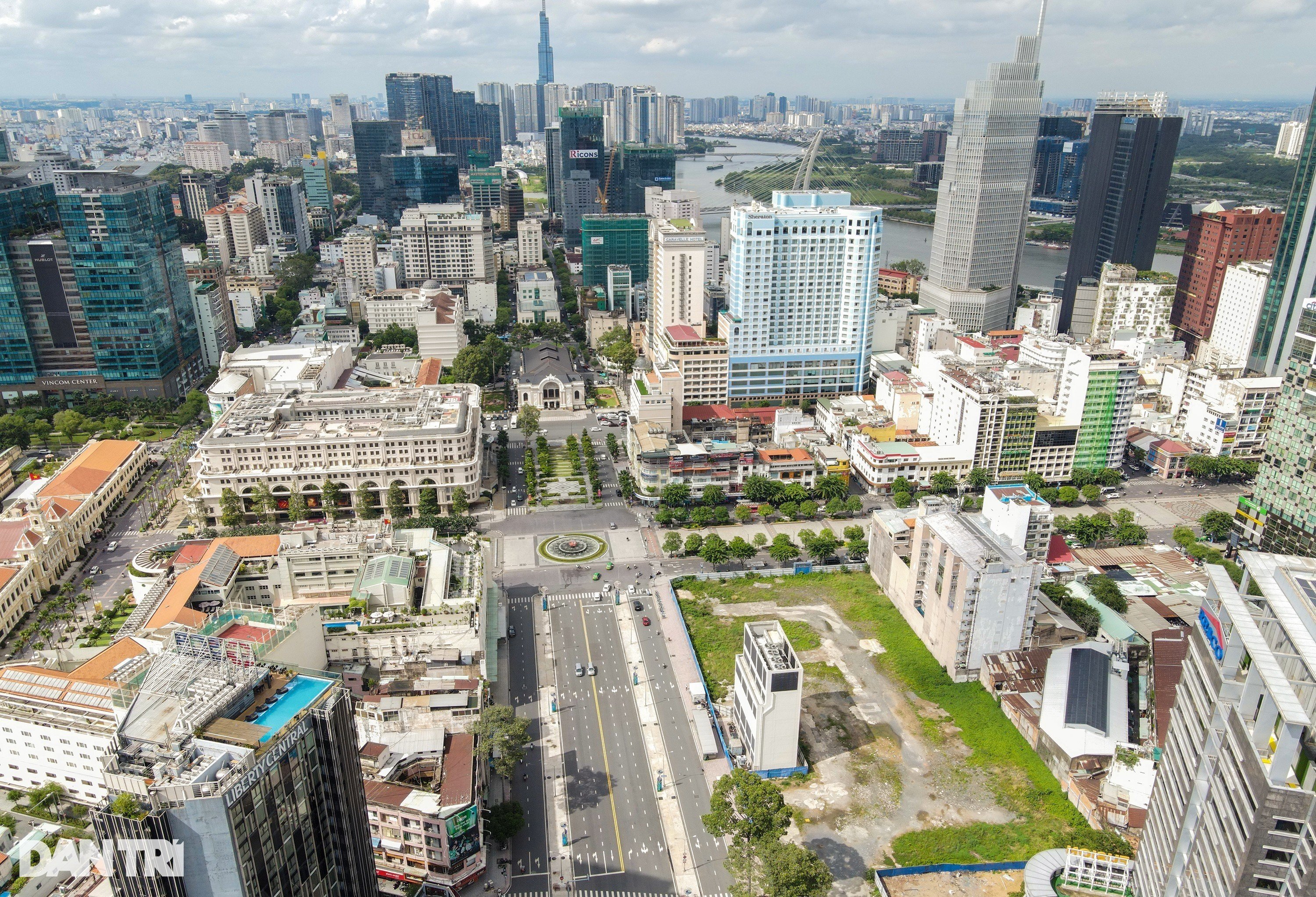
Some housing projects have reduced prices through many preferential policies (Illustration photo: Hai Long).
Businesses are eager to reduce housing prices, but...
A representative of an investor implementing projects in Ho Chi Minh City and Long An confided that the company really wants to reduce housing prices and really hopes that housing prices will be low enough for people to easily access.
However, businesses also have difficulty reducing input costs, because they cannot reduce them. Input costs such as land use fees, compensation for site clearance, bank loan interest, labor costs, construction material purchases, etc. have all increased significantly in recent times.
A project, from having an investment policy to officially being built, can take up to 5-7 years, in some cases 15 years, instead of the average 3 years as expected, wasting a lot of resources, causing businesses to lose opportunity costs. Not to mention, businesses also have commitments to shareholders and partners about the minimum profit achieved annually, this person said.
As someone with many years of experience in the real estate market, Mr. Chau understands better than anyone the difficulties that businesses face when it comes to reducing housing prices. He pointed out that businesses have to bear many types of costs, such as construction costs, materials, labor; financial costs; management costs all increase and there are also "unnamed costs".
Specifically, the land costs of the project include compensation costs, site clearance costs through receiving the transfer of land use rights, paying land use fees, land rent, and rice field protection fees (if rice fields are used) to the State. Land costs account for approximately 15% of the cost of apartment projects; approximately 30% for townhouse projects; approximately 20% for villa projects.
In particular, the current compensation and site clearance costs are often deducted by the competent state agency at around 70% of the actual costs that the enterprise has incurred. The remaining actual costs that have not been deducted are considered profits and the enterprise must also pay an additional 20% corporate income tax. Finally, these costs are all included in the selling price that customers have to "bear" when buying a house.
Construction costs account for approximately 50% of the cost of an apartment building project, approximately 30% of the cost of a townhouse project, and approximately 20% of the cost of a villa project. This type of cost is on the rise, for example, 1m2 of floor space for an apartment building has increased to 12-13 million VND/m2 compared to only about 7-8 million VND/m2 before.
Financial costs including interest on credit loans and interest payments on other sources of capital usually account for around 10% of cost. Management costs usually account for around 5% of cost.
With "unnamed" costs, the value of these expenses is not small. However, because the "legality, validity, and reasonableness" of the expenses according to the provisions of the Tax Law are not guaranteed, they are not included in the project investment costs and are ultimately included in the selling price that home buyers have to bear.
Mr. Chau analyzed that all the above costs are calculated under normal market conditions, about 3 years for commercial housing projects. If they are prolonged due to legal problems as has happened in recent years, the total investment cost will increase significantly.
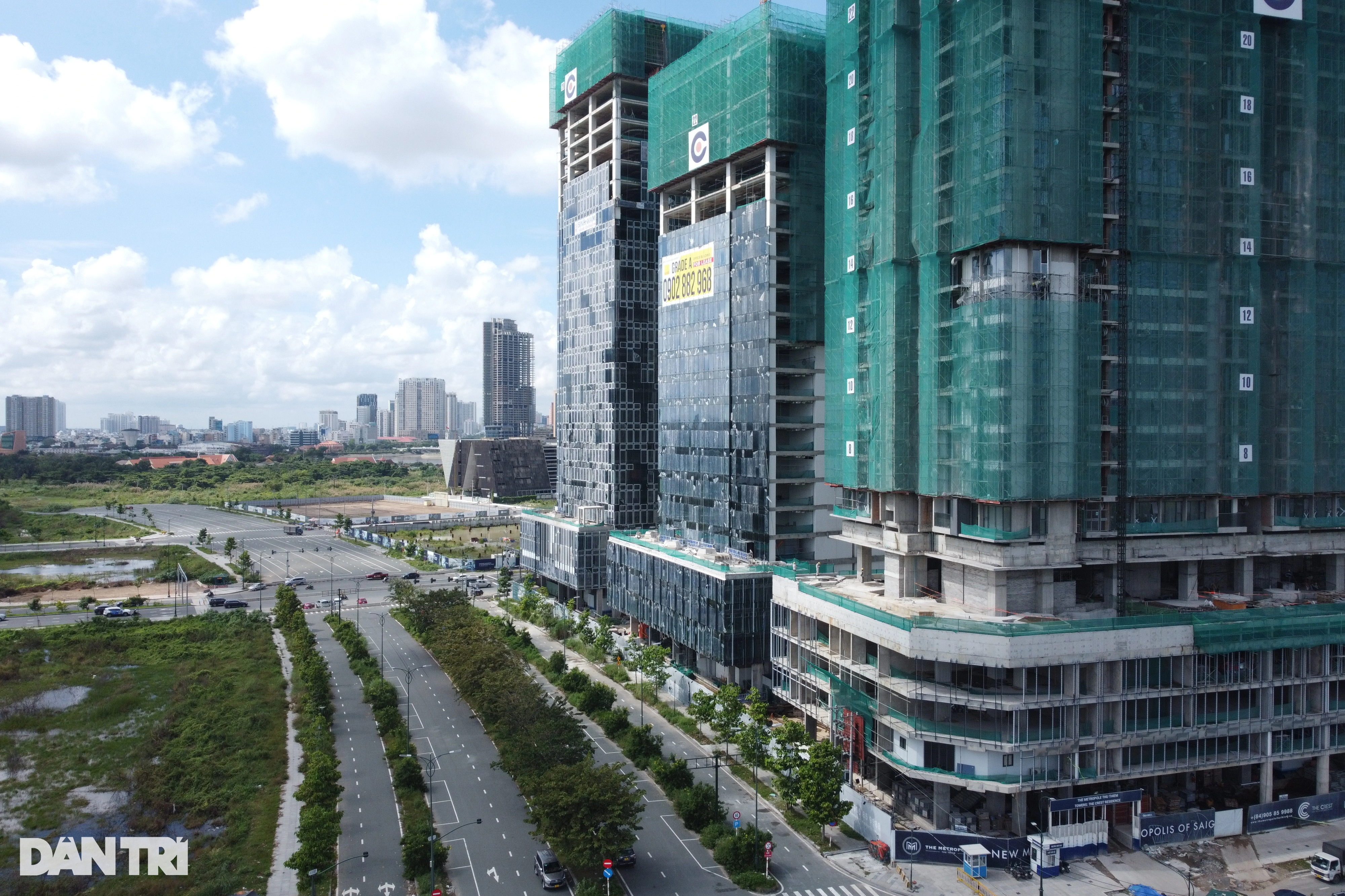
Many input costs when constructing a project are over budget (Illustration: Quang Anh).
What is the solution?
A representative of a business developing many projects in Long An and Dong Nai said that to reduce housing prices, the market needs the cooperation of many agencies and members in the market.
He suggested that the State could consider land use tax incentives for social housing and worker housing projects; banks could facilitate businesses to borrow capital to implement projects at preferential interest rates. In particular, the process of completing procedures and project approval documents should be accelerated and implemented quickly so that businesses do not have to prolong the implementation time.
As Chairman of HoREA, Mr. Le Hoang Chau proposed many comprehensive solutions. For businesses, Mr. Chau suggested that investors reduce profit expectations, not keep prices high, increase discounts and have promotional and after-sales policies to stimulate demand, increase customer confidence, create cash flow and liquidity.
Businesses also need to shift their investment to the affordable housing segment, with prices that are suitable for people's incomes. The program to develop at least 1 million social housing apartments in the 2021-2030 period can help businesses access a VND120,000 billion credit package with interest rates 1.5-2% lower than normal commercial interest rates.
In addition, businesses can participate in programs to rebuild old apartment buildings, renovate and relocate houses on and along canals, and redevelop old, dilapidated urban areas.
On the State side, Mr. Chau suggested that competent state agencies focus on removing legal obstacles to increase the supply of housing projects, which is the basis for increasing the supply of affordable housing and social housing. This increase in housing supply will help stabilize housing prices according to the law of supply and demand and the law of market competition.
In addition, the Association proposed that the Ministry of Construction soon submit to the Government detailed regulations on the stages of housing construction investment projects as prescribed in Article 34 of the 2023 Housing Law. This is to standardize the process and administrative procedures for approving commercial housing projects and social housing projects, shortening the time for implementing investment procedures using land.
The Association also proposed that the National Assembly Standing Committee consider completing the Draft of the revised Land Law to develop mechanisms and policies on effective and economical land use to implement real estate projects.
In particular, commercial housing projects and social housing projects are guaranteed to be consistent and consistent with the Housing Law and the Real Estate Business Law 2023, creating favorable conditions for investors to access land, ensuring no loss of budget revenue.
Source


![[Photo] Prime Minister Pham Minh Chinh holds talks with Prime Minister of the Kingdom of Thailand Paetongtarn Shinawatra](https://vphoto.vietnam.vn/thumb/1200x675/vietnam/resource/IMAGE/2025/5/16/23b5dd1e595d429491a54e3c1548fb79)

![[Photo] The Prime Ministers of Vietnam and Thailand witnessed the signing ceremony of cooperation and exchange of documents.](https://vphoto.vietnam.vn/thumb/1200x675/vietnam/resource/IMAGE/2025/5/16/935407e225f640f9ac97b85d3359c1a5)
![[Photo] Welcoming ceremony for Prime Minister of the Kingdom of Thailand Paetongtarn Shinawatra on official visit to Vietnam](https://vphoto.vietnam.vn/thumb/1200x675/vietnam/resource/IMAGE/2025/5/16/cdd9e93739c54bb2858d76c3b203b437)




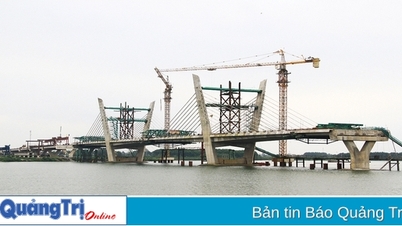



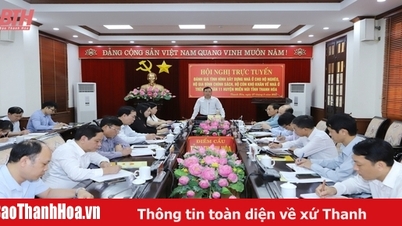















































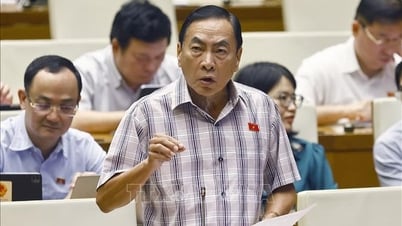
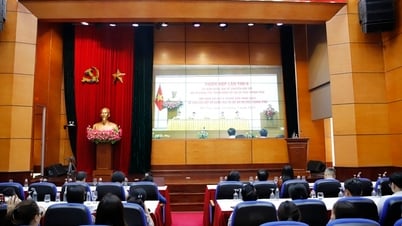













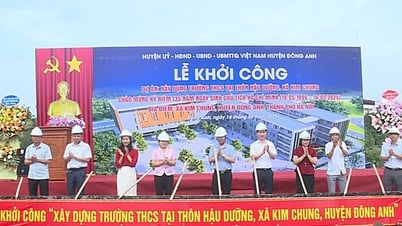















Comment (0)